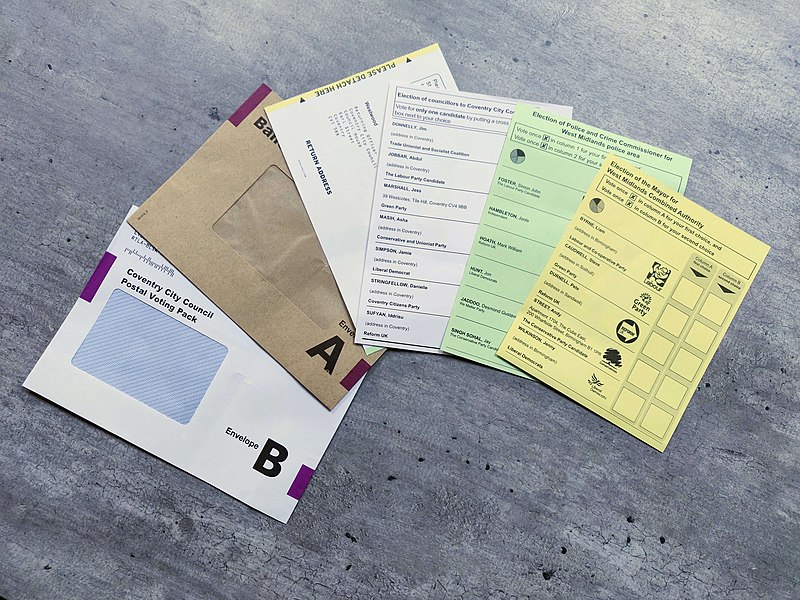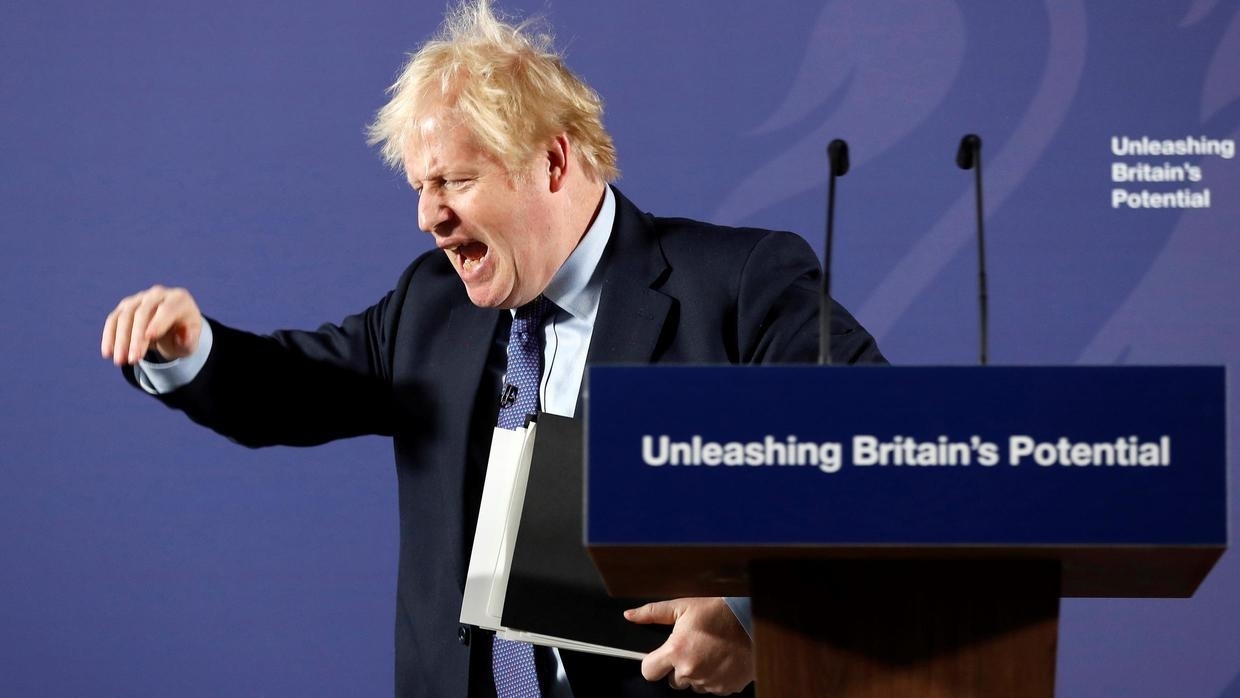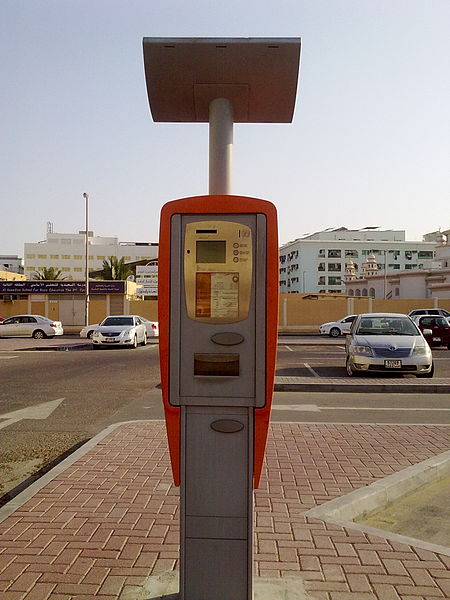
UAE stock markets concluded Friday's session with mixed performances, reflecting investor caution ahead of the crucial US Non-Farm Payrolls (NFP) report. The report, anticipated to show a
December job increase of 160,000 while maintaining a 4.2% unemployment rate, is expected to significantly influence the Federal Reserve’s monetary policy. This development could, in turn, affect monetary strategies across the Gulf Cooperation Council (GCC), where most currencies are pegged to the US dollar.
Abu Dhabi's primary index rebounded, rising 0.4% to close at 9,495 points, recovering from the previous session's decline. Gains in the banking sector drove the recovery, with First Abu Dhabi Bank advancing 1.1% and Abu Dhabi Commercial Bank surging 2.8%. These gains offset broader market concerns, contributing to a 1.9% weekly increase for the index.
Dubai’s stock market closed flat at 5,228 points due to a balance of mixed sectoral performances. Property giant Emaar Properties rose 1.6%, offering some support to the index. However, declines in the financial and telecom sectors offset these gains, with Emirates NBD Bank dipping 0.2% and Emirates Telecom (E&) losing 0.7%. Despite the stagnant finish, Dubai’s index managed a 2% weekly gain.
Joseph Dahrieh, Managing Principal at Tickmill, highlighted the markets' resilience despite the cautious stance ahead of the US jobs report. "Investor sentiment remained optimistic, as evidenced by both indices securing weekly gains," he noted.
The GCC’s financial markets often track US monetary policy trends due to their currency ties to the dollar, making the NFP data a key event. Analysts warn that stronger-than-expected job numbers could heighten expectations of tighter Federal Reserve policies, potentially influencing regional markets in the near term.
In conclusion, while Abu Dhabi's index gained support from banking stocks, Dubai's market showed a lack of momentum, ending the week on a cautious note. Investors now await external signals, particularly the Federal Reserve’s reaction to the US employment data, to determine the next direction for UAE stock markets. Photo by ianpudsey, Wikimedia commons.





















































